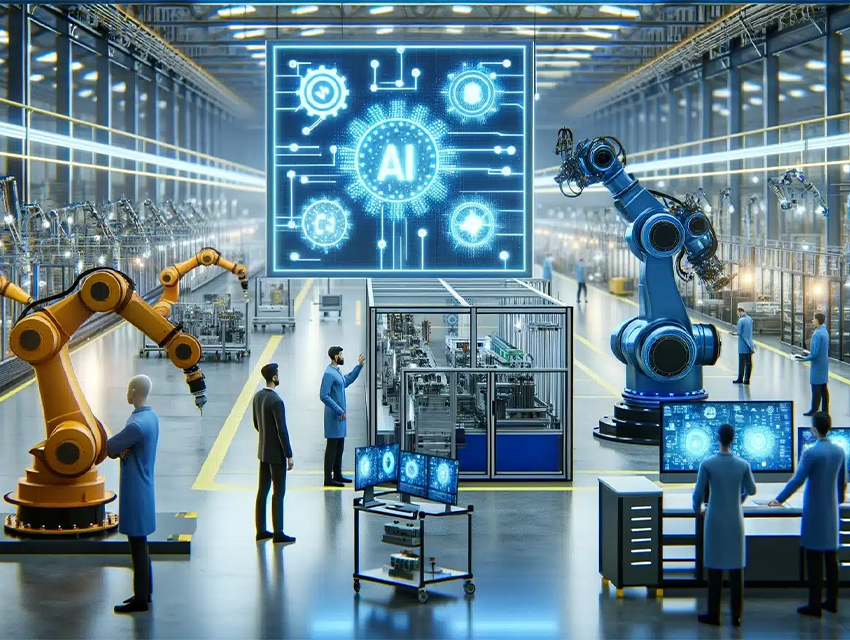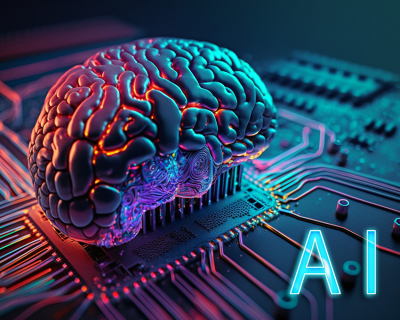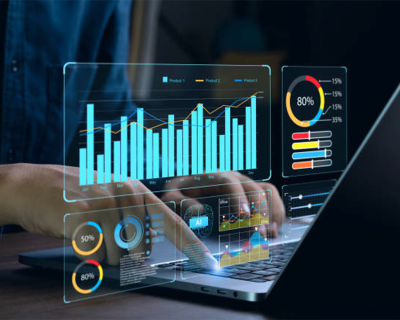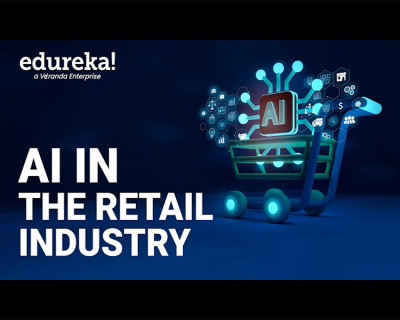
AI Manufacturing
AI in Manufacturing: Revolutionizing the Industry
Artificial Intelligence (AI) is transforming the manufacturing sector by improving efficiency, reducing costs, and enabling smarter decision-making. Here’s how AI is being applied in manufacturing:
1. Predictive Maintenance
AI-powered sensors and IoT devices monitor equipment health in real-time.
Machine learning algorithms predict failures before they occur, reducing downtime.
Example: Siemens uses AI to analyze vibration and temperature data to prevent breakdowns.
2. Quality Control & Defect Detection
Computer vision systems inspect products for defects with higher accuracy than humans.
Deep learning models identify anomalies in real-time during production.
Example: Tesla uses AI-powered cameras to detect imperfections in car parts.
3. Supply Chain Optimization
AI forecasts demand, optimizes inventory, and improves logistics.
Reinforcement learning helps in dynamic scheduling and resource allocation.
Example: Amazon uses AI to streamline warehouse operations and delivery routes.
4. Robotics & Automation
AI-driven robots perform complex tasks like assembly, welding, and packaging.
Collaborative robots (cobots) work alongside humans safely.
Example: Fanuc’s AI robots adapt to changes in production lines autonomously.
5. Generative Design & Digital Twins
AI generates optimized product designs based on constraints (weight, material, cost).
Digital twins simulate real-world manufacturing processes for testing and improvements.
Example: General Electric uses digital twins to enhance jet engine production.
6. Energy Efficiency & Sustainability
AI optimizes energy consumption in factories by analyzing usage patterns.
Smart grids and AI reduce waste and carbon footprint.
Example: Schneider Electric employs AI to cut energy costs in smart factories.
Challenges in AI Manufacturing Adoption
High initial investment in AI infrastructure.
Data security and integration with legacy systems.
Need for skilled workforce to manage AI tools.
Future Trends
Autonomous Factories: Fully automated plants with minimal human intervention.
AI + 5G: Ultra-fast connectivity enabling real-time AI decision-making.
Edge AI: On-device AI processing for faster, decentralized analytics.
Conclusion
AI is making manufacturing smarter, faster, and more efficient. Companies that adopt AI early gain a competitive edge through improved productivity and innovation.




